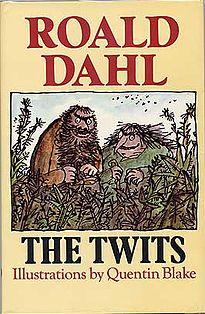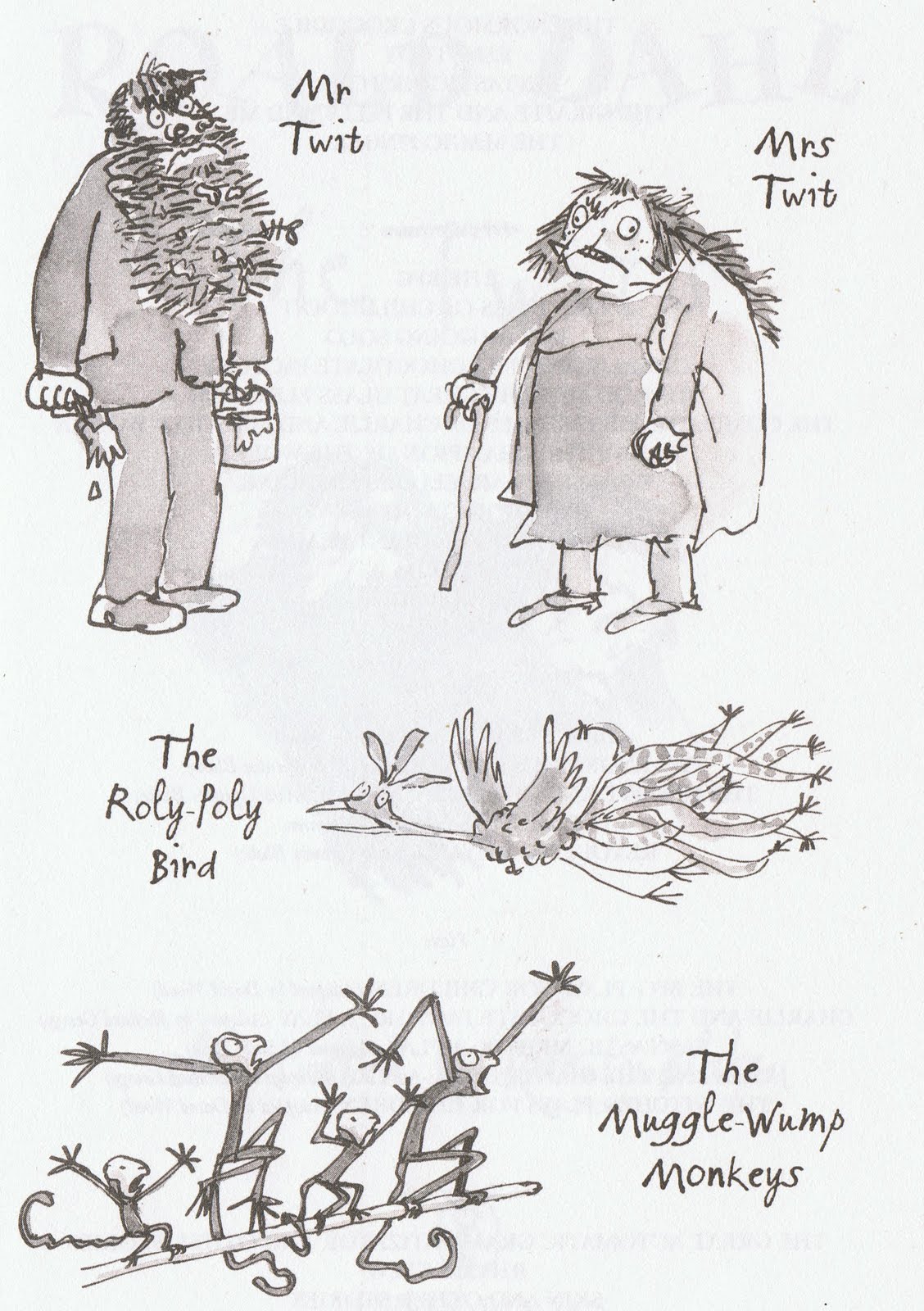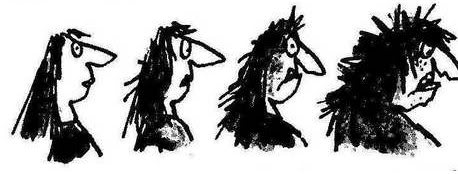I read anything, and everything, to the point where, if there's nothing else to read in the room, I'll even read the back of a cereal packet.
However, when I studied for my degree in English literature, I was required to read almost everything that had been written in English from the 13th Century to the 20th Century, which involved a pretty broad spread of the classics, as you can imagine, as well as incorporating mediaeval English, too!
Luckily, I loved most of what I was required to read - though I wouldn't ever want to read Paradise Lost again.
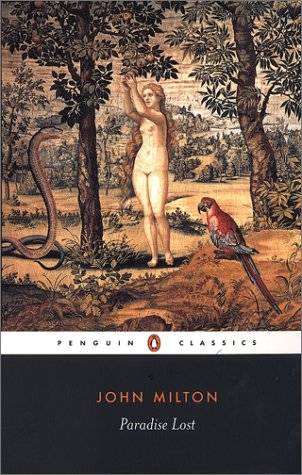
I also really like a lot of more recent literary fiction, too - which is probably lucky, as there's a terrible snobbery in academia about what merits reading and what doesn't, as well as amongst some writers - so I would struggle during conversations with them if I didn't enjoy reading short story collections and literary novels.
However, this snobbery seems to have led to a belief that literary fiction is the only type of fiction that should ever be read by intelligent people, and that all other genres of writing should be treated as if they were somehow shameful, guilty pleasures.
Literary fiction is itself a genre, though, so I'm not sure I agree with this rather snobbish distinction - and I don't much care about it, either. I just read whatever I happen to feel like reading at the time, regardless of its genre.
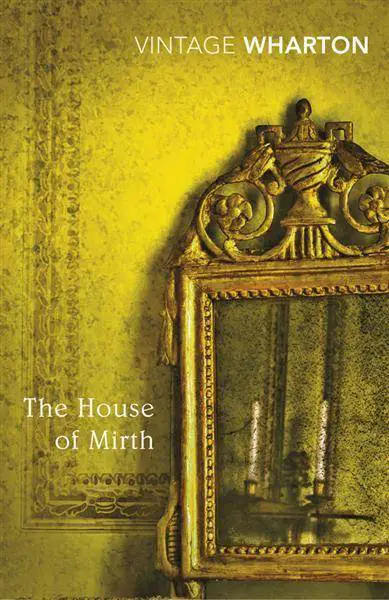
For example, if I feel like reading Edith Wharton (who I love), then I do - but, equally, if I feel like reading a crime novel by Henning Mankell, than I do that instead. I don't feel guilty about reading either of them.
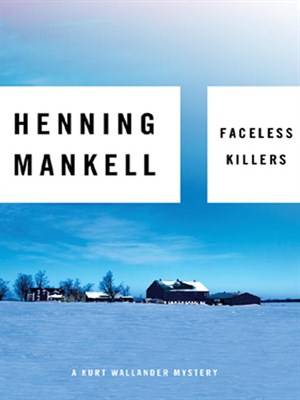
Like Kim, I also love re-reading children's books and recently re-read one of my all-time favourites, "When Marnie Was There" by Joan G. Robinson.
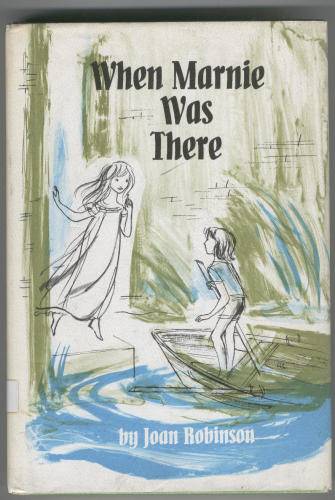
I think the more broadly you read, the better, actually - especially if, like me, you also write.
I know lots of would-be writers who only read a very narrow range of authors, and who then try to write exactly like them, which never really works. I believe that it's only by reading as widely as possible that you can develop a truly original voice as a writer, which is what publishers are looking for.
I also don't believe in criticising a book until I've read it, so - for example - I don't criticise "Fifty Shades of Grey" because I haven't read it (yet!)
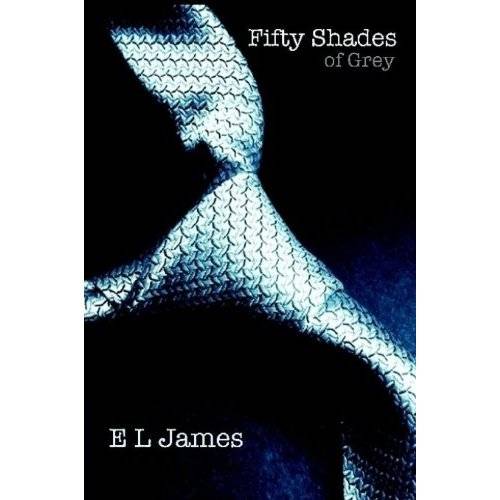
I suppose the closest I have come to feeling that a book really was a guilty pleasure, was when I decided to read Dan Brown's "The Da Vinci Code", much to the horror of some of my writer friends.
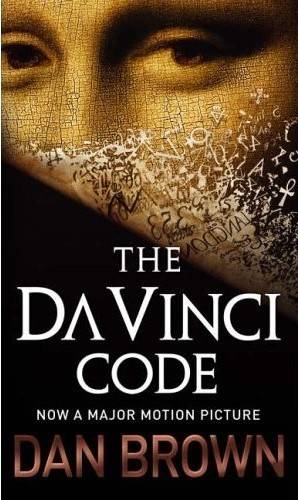
They were even more appalled when I admitted, afterwards, that I hadn't been able to put the book down until I'd finished it.
Yes, the writing was pretty poor, and the characterisation was absolutely terrible, but I really didn't care while I was reading it. The plotting was so good, that it just kept me turning the pages, late into the night - which is not something you can say about most literary novels, which sometimes seem to lack anything even resembling a plot.
So I guess what I'm trying to say is that, in a world where fewer and fewer people read, and where illiteracy is on the rise, any book that can encourage people to read, and to enjoy doing so, should be encouraged, and not seen as something to feel guilty about!

